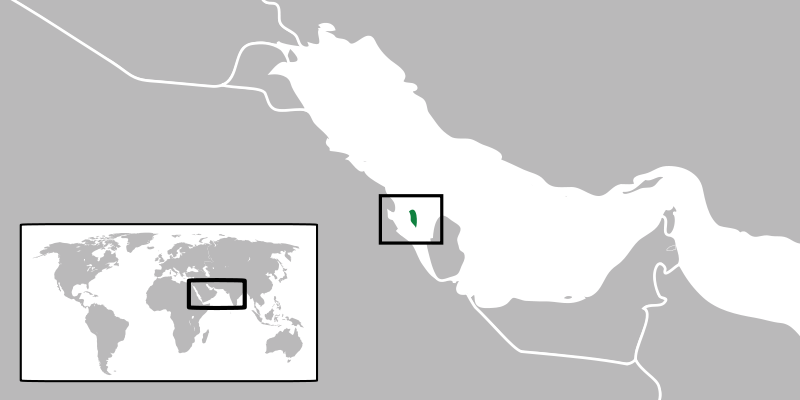Bahrain: Promises Unkept, Rights Still Violated
Bahraini authorities have failed to carry out the key recommendations of the Bahrain Independent Commission of Inquiry (BICI), which submitted its recommendations on accountability and other human rights issues a year ago. The commission concluded that security forces and other government authorities had committed serious and systematic human rights violations in connection with the government’s suppression of pro-democracy protests in 2011.
“Bahrain deservedly got a lot of credit for appointing an independent body to assess the government’s violations, but a year later, authorities have still not carried out the key recommendations,” said Joe Stork, deputy Middle East director at Human Rights Watch. “In fact, in many ways Bahrain’s human rights situation has only deteriorated since the king accepted the commission’s findings and recommendations.”

King Hamad bin Isa Al Khalifa appointed the BICI in July 2011 to investigate the government’s response to the demonstrations in February and March 2011. The commission concluded that the abuses by security forces – including torture and widespread arbitrary arrests – in the wake of the government suppression of the demonstrations “could not have happened without the knowledge of higher echelons of the command structure” of the security forces. It called on the government to address allegations of torture by security forces, “including those in the chain of command, military and civilian.”
King Hamadaccepted the commission’s findings and recommendations on November 23, 2011.
Bahraini authorities have released some people who were wrongly detained in connection with and following the protests, reinstated many dismissed workers and students, and prosecuted a few, typically low-ranking, security personnel. But leading opposition activists who were sentenced to long prison terms, including life terms, after they called for political change remain behind bars, as do many others whose alleged crimes involved mostly peaceful street protests.
The politicized arrests and prosecutions have continued. In August 2012, a Bahraini court sentenced Nabeel Rajab, a prominent human rights defender, to three years in prison based solely on his participation in protests that authorities had not authorized. In November, four Bahrainis were sentenced to prison for “tweets” that authorities alleged had insulted the king, even though King Hamad had publicly stated that he did not want anyone charged with crimes involving alleged insults to him.
By contrast, there have been no prosecutions of high-level officials in connection with the policies that led to widespread torture and unlawful killings. Courts have upheld convictions based on coerced confessions.
The head of the independent commission, the Egyptian-American jurist M. Cherif Bassiouni, told Human Rights Watch that the government’s implementation of the BICI recommendations has been inadequate.
“A number of recommendations on accountability were either not implemented or implemented only half-heartedly,” Bassiouni said. “The public prosecution has yet to investigate over 300 cases of alleged torture, some involving deaths in custody, and there has been no investigation, let alone prosecution, for command responsibility, even at the immediate supervisory level, of people killed in custody as a result of torture.”
The public prosecution has announced investigations into allegations of wrongdoing involving over 150 cases involving government personnel and charges against 56, including some 122 cases referred by the Interior Ministry, according to the official Information Affairs Authority. As far as Human Rights Watch has been able to determine, four have been convicted of an offense and at least three acquitted. The most severe sentence was seven years for a police lieutenant convicted of killing Hani Abd al-Aziz Jumaa with shotgun blasts fired at close range. In another case a policeman convicted in the shotgun shooting of an anti-government protester was sentenced to five years in prison, reduced on appeal to three years.
